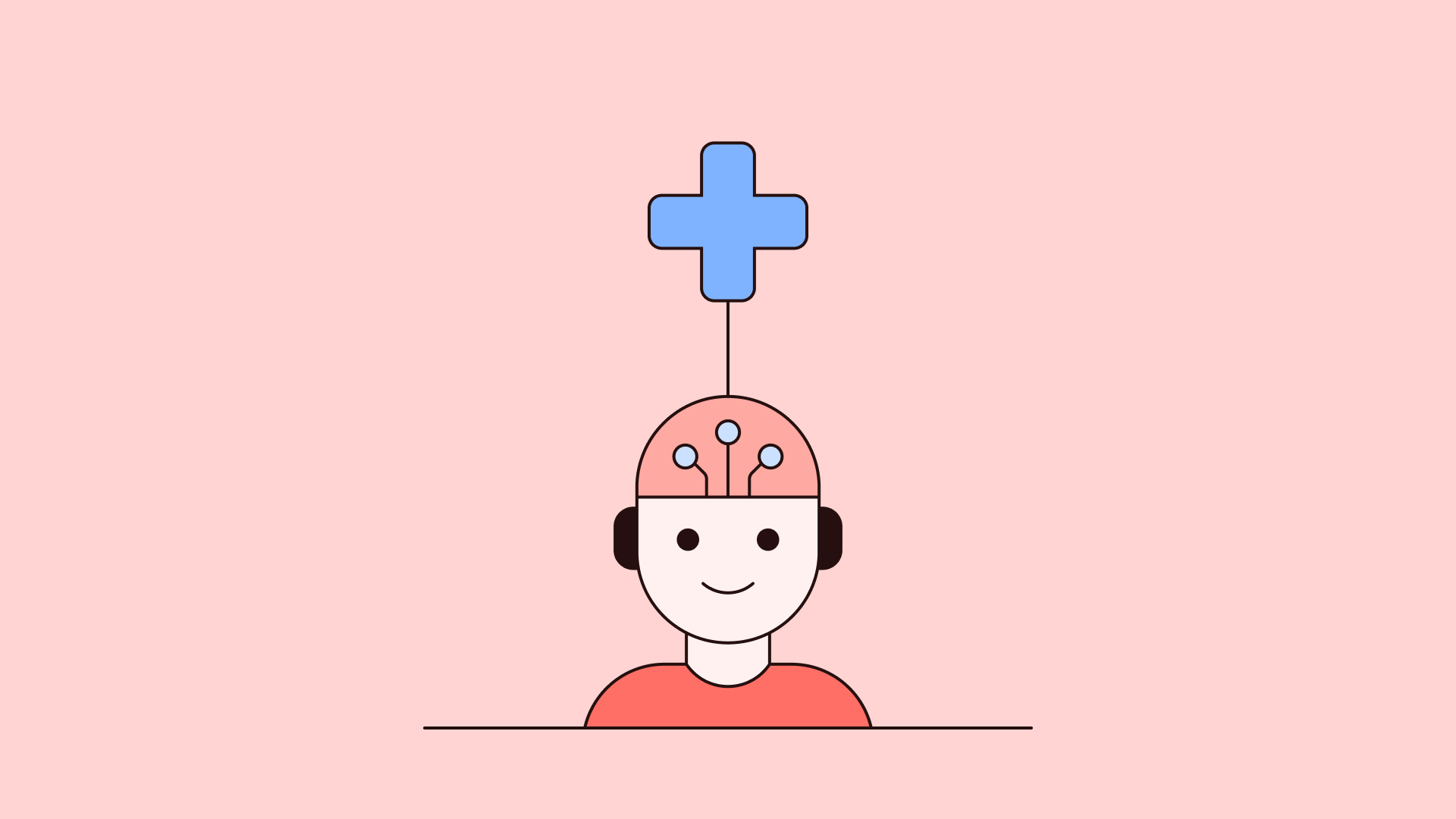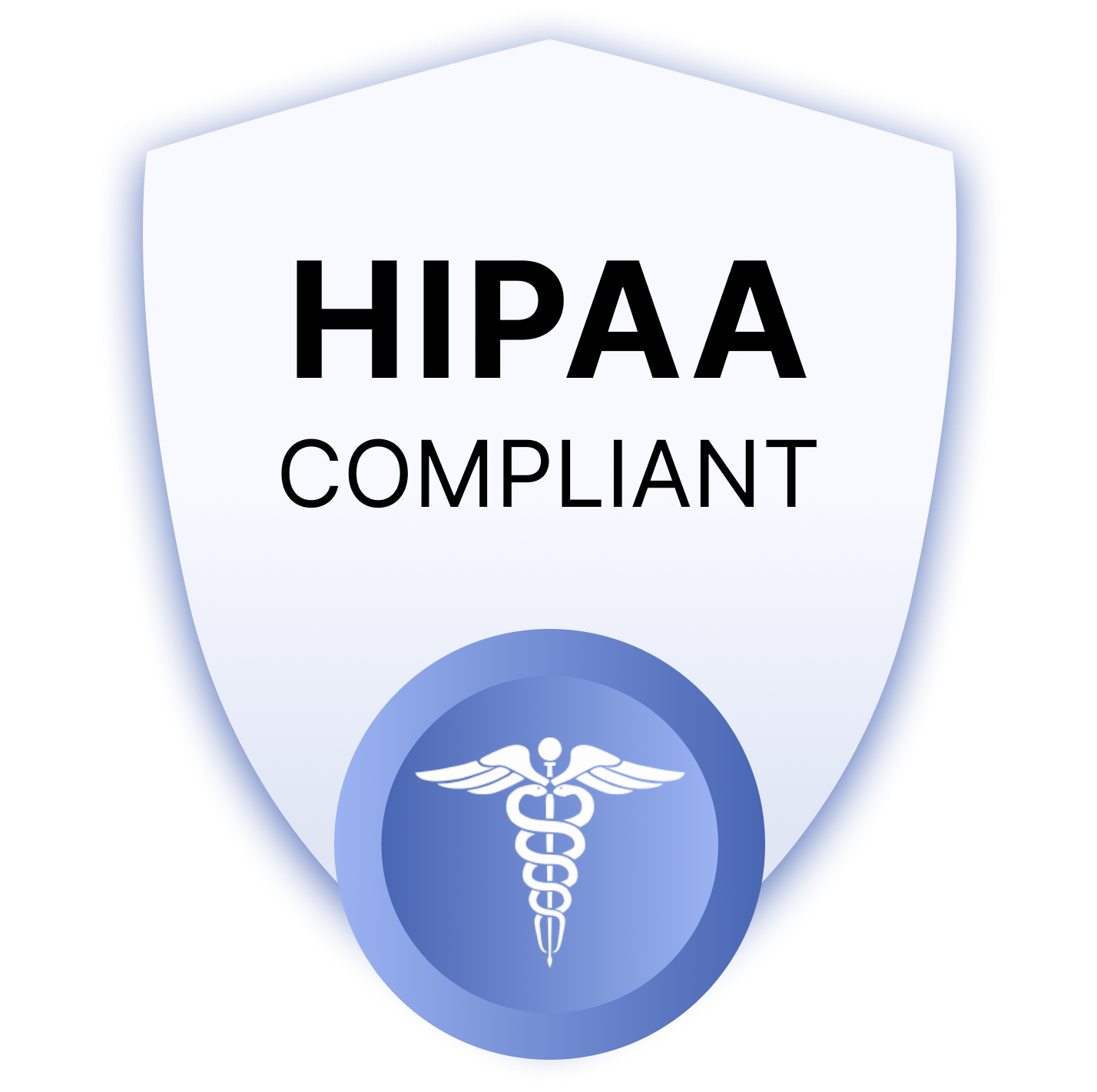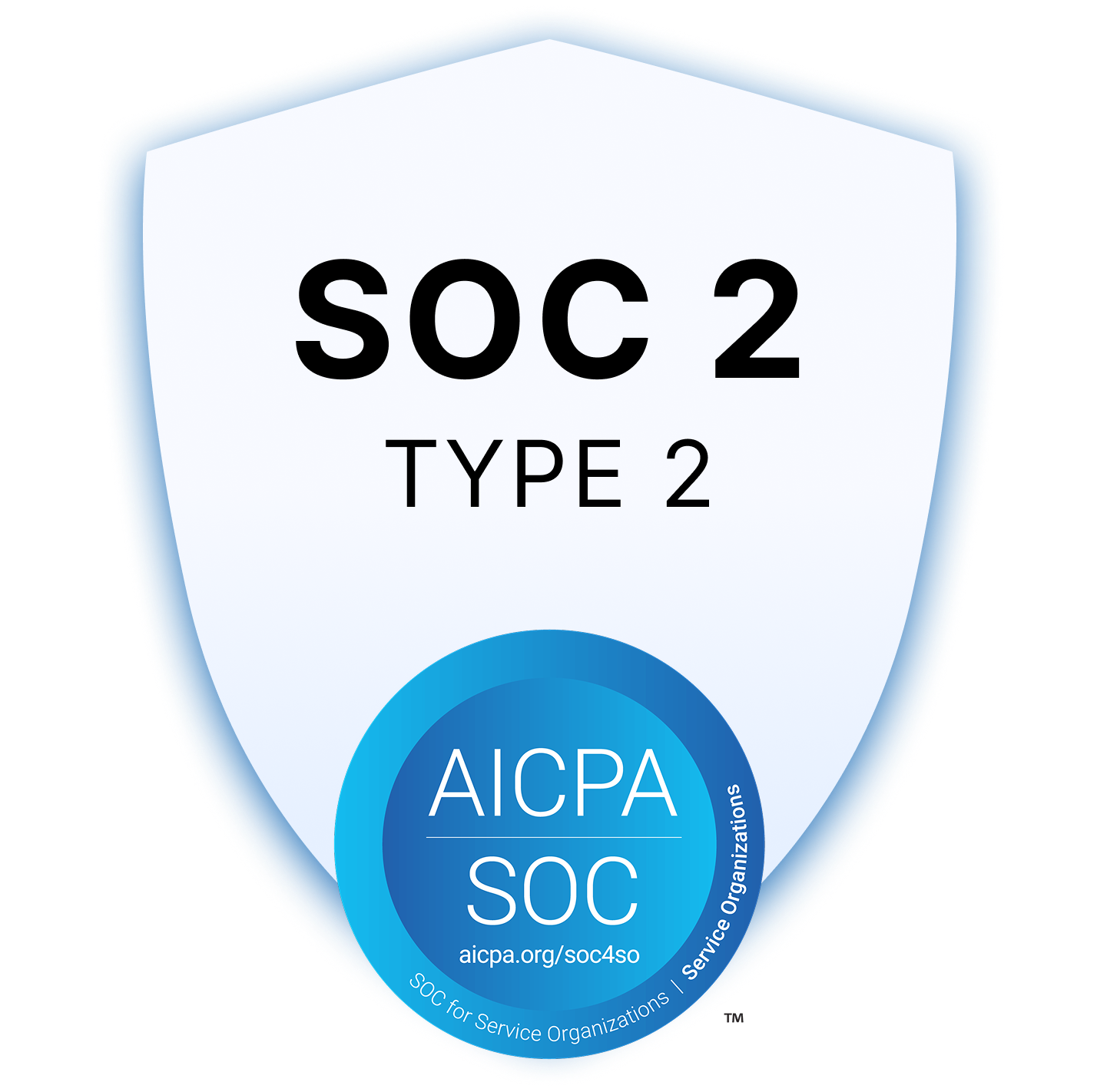
AI in Healthcare
5 min read
AI in Healthcare Claims Processing in 2026
Summary
Your Competitors Are Embracing AI – Are You Falling Behind?
The growing complexity of healthcare billing means organizations are under constant pressure to streamline processes and reduce errors.
AI in healthcare claims processing is transforming the industry by automating data analysis, claim submission, error detection, and verification, which helps accelerate approvals and minimizes administrative costs.
Health insurers and providers are increasingly turning to these technologies to improve accuracy and efficiency in the claims lifecycle.
In this article, you can learn how AI is changing healthcare claims processing, the benefits and challenges it presents, and what best practices are emerging as adoption grows.
AI in Healthcare Claims Processing: TL;DR
- AI tools automate tasks such as data extraction, categorization, and cross-referencing in healthcare claims.
- These systems help flag errors, detect potential fraud, and handle repetitive work, reducing manual intervention.
- Collaboration between AI and human experts leads to greater efficiency, accuracy, and faster claim approvals.
- AI contributes to an improved experience for insurers and patients by streamlining the overall process.
7 Use Cases for AI in Medical Claims Processing
AI in healthcare has numerous applications, including in healthcare claims processing to streamline tasks and increase efficiency. Here are seven examples of how this technology can be utilized in medical claims processing.
1. Automating Claims Submission
AI systems efficiently extract and organize patient and provider information from various forms.
By automating this process, healthcare organizations can significantly reduce manual data entry tasks.
This not only speeds up the submission process but also minimizes human errors that can lead to claim rejections or delays.
2. Enhancing Claims Validation and Verification
AI tools automatically check submitted claims against existing policy rules, provider contracts, and historical data.
They flag inconsistencies, missing information, or out-of-policy charges before submission.
This improves accuracy, reduces the number of denied claims, and speeds up the overall processing time.
3. Accelerating Claims Adjudication
Machine learning models can analyze large volumes of billing data and medical codes in seconds.
This allows for rapid evaluation of claims to determine payment eligibility.
Faster adjudication leads to quicker payouts to providers and fewer administrative bottlenecks.
4. Detecting Fraud and Abuse
Advanced pattern recognition algorithms identify unusual billing patterns, duplicate claims, or excessive charges.
By flagging suspicious activity early, AI helps insurers prevent fraud and reduce financial losses.
This also supports overall system integrity and compliance.
5. Streamlining Prior Authorization
AI can automate the review of procedure requests by matching them against policy guidelines and medical necessity criteria.
This shortens the turnaround time for approvals and reduces the back-and-forth between providers and payers.
As a result, patients receive care faster, and providers face less administrative burden.
6. Improving Customer Service With Chatbots
AI-driven chatbots can handle routine inquiries from both providers and patients.
They assist with checking claim status, understanding required documentation, and answering frequently asked questions.
These bots provide 24/7 support, improving response speed and user satisfaction without overloading customer service teams.
7. Supporting Regulatory Compliance
Automated AI systems continuously monitor submitted claims for compliance with evolving healthcare regulations and payer requirements.
They ensure coding accuracy, timely submissions, and adherence to documentation standards.
This helps organizations avoid fines, audits, and compliance risks.
How to Implement AI in Healthcare Claims Processing
Successful AI implementation starts with assessing current claims workflows.
Healthcare organizations should identify which processes would benefit most from automation, such as data extraction, claim validation, and fraud detection.
The next step is selecting appropriate AI tools. This often involves considering machine learning models and robotic process automation (RPA) suited to medical claim data.
Key selection criteria should include integration ability, ease of use, and adherence to healthcare regulations.
Integration requires careful planning. Effective strategies may include:
- Piloting AI solutions on a small scale before full deployment
- Ensuring systems can securely access and process sensitive health data
- Providing staff training on new tools and workflows
A phased rollout is often recommended. Begin with low-risk processes and expand as reliability is demonstrated.
Monitoring performance with clear metrics, such as processing speed, accuracy, and error rates, helps track progress.
Organizations must prioritize compliance and data privacy throughout the process. Regular audits and robust security measures are essential to protect patient information.
Common challenges include data quality issues and resistance to change among staff.
Addressing these through data cleansing and change management can increase the likelihood of a smooth transition.
Main Challenges Related to AI in Medical Claims Management
Although using AI in healthcare claims processing has many advantages, it’s essential for organizations to be aware of some of its challenges.
Regulatory and Legal Compliance
AI tools in claims processing must follow strict regulations regarding how automated decisions are made.
Evolving laws and lawsuits, such as those involving major insurers, highlight ongoing uncertainty about acceptable practices and data usage.
Transparency and Explainability
Many AI systems operate as "black boxes," making it difficult to understand or explain decisions to patients and providers.
This lack of transparency can erode trust and lead to challenges in contesting or auditing claim outcomes.
Bias and Fairness Concerns
AI algorithms can unintentionally introduce or perpetuate bias if trained on incomplete or skewed data.
This may result in unfair claim denials or unequal treatment of certain patient groups, raising ethical and legal issues.
Data Privacy and Security
Handling large volumes of sensitive health information increases the risk of data breaches or misuse.
Ensuring robust cybersecurity measures and compliance with health data protection laws is essential.
Quality and Accuracy of Data
Claims management depends on accurate medical coding and consistent data entry.
AI’s effectiveness drops when information is incomplete or incorrect, leading to errors or misinterpretations.
Oversight and Accountability
There is still a need for adequate human oversight to review AI-driven decisions.
Clear accountability lines must be maintained to address errors, respond to appeals, and adjust algorithms as healthcare policies change.
How Keragon Helps Optimize Healthcare Claims Through AI
Keragon uses AI-powered automation to streamline healthcare claims processing tasks.
It helps reduce manual data entry, accelerate eligibility verification, and automate routine administrative work.
The key advantages of using Keragon in claims processing include:
- Quick verification of patient eligibility
- Automated policy coverage checks
- Faster processing and submission of claims
- Reduction of administrative workload
Healthcare organizations that implement Keragon often experience a decrease in errors and a reduction in claim denials.
This leads to improved reimbursement timelines and increases in revenue cycle efficiency.
Keragon is designed so that healthcare professionals without technical backgrounds can easily build workflows and automations. This approach saves time and minimizes bottlenecks in the claims journey.
The platform also provides transparency and consistent reporting. This helps organizations monitor performance and make data-driven decisions.
Final Thoughts on AI in Healthcare Claims Processing
AI is revolutionizing healthcare claims processing by automating tasks such as data extraction, claim validation, fraud detection, and prior authorization, resulting in faster, more accurate workflows.
Health insurers and providers are adopting AI in healthcare administration and in other applications to reduce administrative burdens, improve compliance, and enhance the overall patient and provider experience.
This technology can also be applied to other areas relating to this sector, including the use of AI in healthcare marketing, bringing with it numerous benefits to healthcare professionals and patients.
Despite the benefits, challenges like regulatory compliance, data privacy, and AI transparency must be addressed to ensure responsible implementation.
Tools like Keragon exemplify how AI platforms can simplify claims management for non-technical users while improving processing speed and accuracy.
Unlock 300+ integrations with no hidden fees, bespoke rewards, and dedicated support
Related Articles















